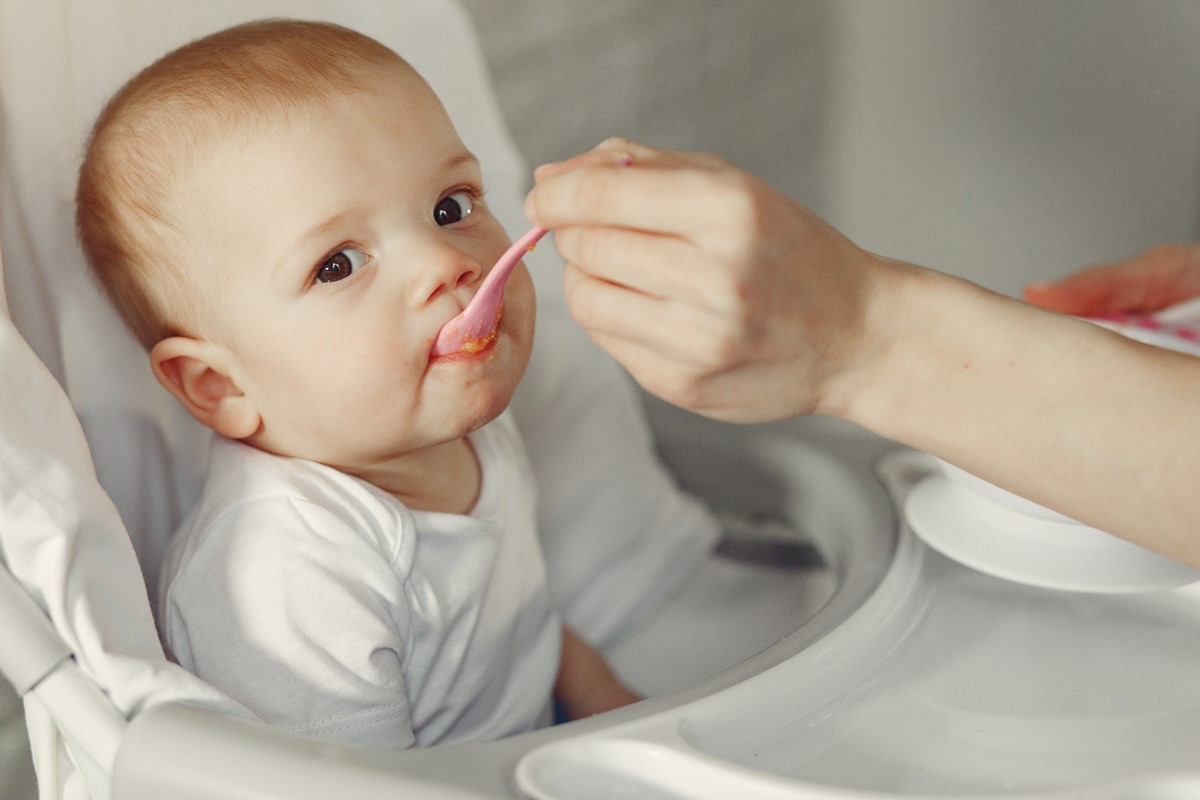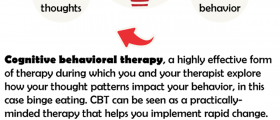Most parents believe that one of the most troublesome things that can happen to their child is not eating enough or too much. A proper diet for the child aged 1 to 3 is very important and hence the concern. During this age, the child becomes more aware of the surrounding and develops the taste for new and different food. At this time, the toddlers are more likely to start recognizing the food that they do not like and refuse eating it. This is when the usual tussles start happening. A child at this stage wants only to consume the food he or she likes. In order to avoid this, the parents need to make the meal times as pleasant and fun as possible.

Toddler eating habits
A child aged between 1 and 3 does not know the meaning of the word health. Experts classify toddlers into two groups, the fussy eaters and non fussy eaters. Various factors influence the child’s classification and in most cases the child is a mix of both these groups. A lot of toddlers prefer eating small meals and eating them on their own. A parent should allow them to eat on their own and not burden them even more. Once their hand movement improves the children will no longer mess up the table so much.
Toddler eating problems
A child with an eating problem or a disorder will create a lot of problems for both the child and the parent when the time for a meal comes. Some of the most common toddler eating problems is the child not eating at all, not eating for three days, eating only a little, refusing to eat meat, not eating and sleeping or toddler refusing to eat vegetables. A certain health or behavioral problem may cause an eating disorder. A lot of parents do not know what the toddler’s food taste is and in cases when a child is persistent in refusing certain foods, most parents give in and forget about healthy diet plans.
Toddler eating disorder
According to the experts, there are two types of eating disorders. The first one is when the parent thinks that the eating habits of the child are not normal. The second one is when a pediatrician considers that possibility. In most cases when the toddler refuses to eat, the parent gives in. In most cases, the problems is of behavioral nature and not medical. Parents need to remember that children also get hungry and will not starve themselves. Apart from these problems, overeating and depression are considered to be serious eating problems in toddlers.

















Your thoughts on this
Loading...